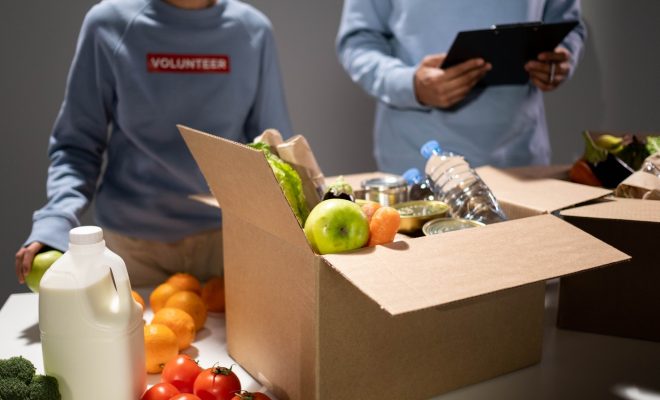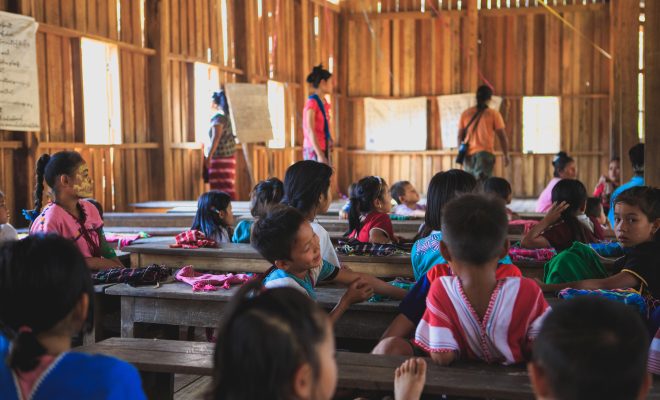20 Second Grade Books for Your Classroom Library

Selecting second-grade novels is a lot of joy because there are so many to choose from. Picture books that make you giggle out loud? Yes! Thrilling stories and engrossing nonfiction? Yes, as well! What about picture books and introductory chapter books? Yes, those are included as well. Read 20 of our best current second-grade novels if you want to add to your selection.
A little girl recounts a bike ride with her Papi through her neighborhood. Use this book to learn about personality qualities and feelings and as a new, diversified mentoring text for creating individual stories.
The drawings and the book’s concepts of connectivity and inclusiveness are stunning in this new work from a two-time Caldecott winner. This book can be used to start community-building discussions or to supplement your social studies program. It would also be a great writing exercise to have kids create their own “If you come to…” letters.
Kora-mother Jalimuso’s gives her the most motivating and encouraging advice when her teacher and classmates can’t pronounce her name: tell them her name is a song. Share this reassuring story at the beginning of the school term or start a discussion on embracing one’s individuality. This is a must-have for any school!
Not Norman: A Goldfish Story is a longtime read-aloud favorite. Now there’s a sequel that makes us love that glug-glugging goldfish and his endearing owner even more! The pair is excited to perform a routine of tricks at Pet-O-Rama—until an unexpected case of goldfish stage fright. The details are perfect for supporting kids’ narrative writing, too.
This touching intergenerational tale shows how common things can bring more people together. Mr. Hagerty and Khalil form a new acquaintance while digging for buried gold and vegetables. We like how this book teaches kids how to define and explain vocabulary words with examples.
Lina awakens to find a fresh blanket of snow on the morning she was supposed to see her grandma and assist her in preparing grape leaves. Her walk to her grandmother’s house generates a poetic list of methods for her blind grandma to “hear” snow-capped observations. Use this piece to inspire narrative and poetry writing, or simply read it on the first snowy day of the school year.
The Animal Trouble books are fantastic for second graders because they have the perfect mix of fun, vocabulary, and curricular links. In this one, a cat bemoans its existence as an indoor cat. Meanwhile, a squirrel outside the window reminds the cat of how fortunate it is to have such a comfortable life. Great for teaching students how to read with expression or discuss different viewpoints.
Tamen hopes he can see the stars, but in his bright city area, this is nearly impossible. His mother plans a camping vacation for him to fulfill his ambition. This is a good book to add to your collection of second-grade novels about single parents. Readers will learn about astrophysics and light pollution in the back matter.
For our second-grade literature, we appreciate a good double-duty read-aloud. This one includes much information about fruits vs. veggies and topics like inclusivity and open-mindedness. Tomato begs for a place in the fruit bowl, despite the other fruits telling him he doesn’t belong.
Little Chicken is searching for elephants in tales rather than the “element of surprise” her teacher indicated because of a misheard lesson. This sequel, like the first, fits well within a study of narrative architecture—or just read it for leisure.
This is an excellent resource for discussing pronouns with children and how pronoun choice is only one part of one’s identity. Uncle Lior, who favors they/them pronouns, pays Ari a visit and assists her in determining the appropriate words to use.
This set of books tells the narrative of three recently arrived immigrant children and their classmates who must welcome them into their school community. Combining the two books provides a unique opportunity to study an experience from numerous angles.
Angel discovers an unsightly, abandoned wall near his home that stretches the length of an entire city block and organizes a community attempt to make a mural that honors their community. Inspire kids with this art and activism story written by children.
Follow a young writer’s visual thinking bubbles and suggestions as she progresses through the story-writing process, from the germ of an idea to drafting, rewriting, revising, and finally showing her work. It can be used to inspire a budding author or as part of a fiction writing workshop.
Follow along with a young writer’s graphical thought bubbles and advice as she makes her way through the story process of writing, from the germ of an idea through drafting, rewriting, editing, and finally exhibiting her work. Use it to motivate a fledgling author or as part of a fiction writing class.
This fun, engaging title will help you remember a crucial topic. The astute robot characters also educate children to respect the ideas of others.
A beautiful Own Voices narrative of a modern-day Wabanaki kid who helps her grandma pick sweetgrass for basket making. This is a great addition to your growing library of second-grade novels with indigenous characters.
A new favorite has emerged! This is a must-have if you’re seeking junior high books to motivate pupils to become writers. Abdul has a lot of things to tell, but he struggles with handwriting and spelling. Mr. Muhammad, a visiting author, offers him the encouraging push he requires to succeed.
A touching tale about a father and son adjusting to life in a new culture.






